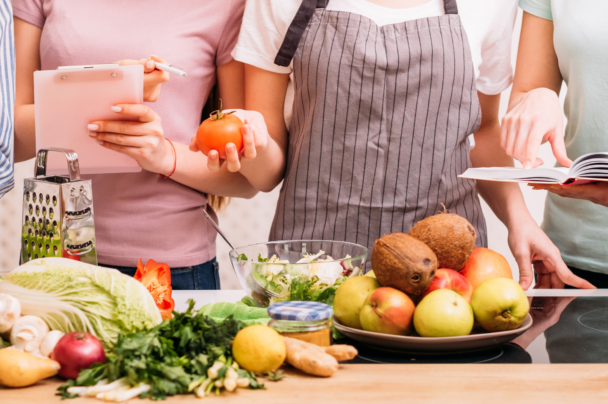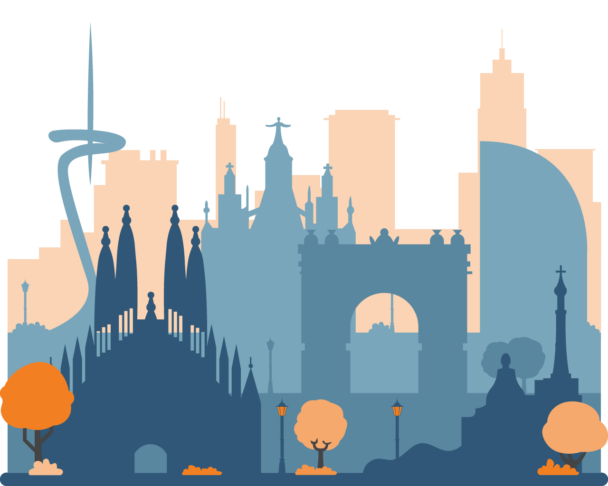Description
Obesity among school-age children has reached pandemic proportions in Europe and beyond.
Schools are recognized as crucial agents in addressing this issue by promoting nutrition education and healthy eating practices.
However, many children lack direct knowledge of the origins of their food and the cultural practices associated with its production, contributing to unsustainable practices at environmental, economic, and cultural levels.
This course aims to empower educators to incorporate gastronomy into the existing school curriculum at both primary and secondary levels.
By highlighting the practice of gastronomy – choosing, cooking, and eating food – educators will learn how to reconnect students with their food culture and promote sustainable practices.
Ultimately, the goal is to use gastronomy as a tool to address issues of obesity and regain ecological, social, cultural, and economic knowledge associated with food.
Throughout the course, educators will engage in practical gastronomical activities designed to be integrated into the school curriculum.
These activities, including growing food in the school garden, selecting ingredients, cooking meals, and enjoying communal meals, will demonstrate the importance of being gastronomy practitioners both in and out of school.
By the end of the course, participants will have developed practical strategies for integrating gastronomy into the school curriculum, promoting nutrition education and healthy eating practices.
Additionally, they will explore how gastronomy can be linked to STEAM (Science, Technology, Engineering, Arts, and Mathematics) and Project-Based Learning (PBL) projects, connecting the school garden, canteen, and classroom, fostering interdisciplinary learning and real-world applications.
Learning outcomes
The course will help the participants to:
- Understand how gastronomy relates to Food Culture;
- Add gastronomy activities to current courses and school activities;
- Discover how gastronomy activities can be central to develop teaching methods such as PBL (project-based Learning) and STEAM;
- Learn how to link the school garden, the schools canteen and the classroom through gastronomy;
- Create a gastronomy project for their school using PBL and or STEAM.
Tentative schedule
Day 1 – Introduction to the course
- Introduction to the course, the school, and the external week activities;
- Icebreaker activity (Let´s learn how to make “¡pa amb tomàquet!” tomatoes bread);
- Presentations of the participants’ schools;
- What is gastronomy and why introduce it in school curriculum?
Day 2 – Growing it: gastronomy and the food culture of a community
- Growing, choosing, cooking and eating (the gastronomy cycle);
- Practical activity: (seeds and dirt: growing);
- Designing curricular activities around seeds and dirt;
- Theoretical and practical considerations (food & culture).
Day 3 – Choosing it: gastronomy and the food around us
- PBL & STEAM as contexts for developing gastronomical projects in schools;
- Field trip: choosing local and sustainable products;
- Workshop: designing curricular activities around choosing food to be a sustainable citizen.
Day 4 – Cooking it: gastronomy and the learning of preparing nutritional dishes
- Learning how to make simple,nutritious, and delicious meals;
- Invited guest: a chef tells about cooking in school;
- How can a cook in the classroom, in school, at home?;
- Cooking and the curriculum: group work on curriculum design.
Day 5 – Eating it: gastronomy as nutrition, commensality and culture
- What do we learn when eating with others?
- Designing my school gastronomy plan.
Day 6 – Course closure and cultural activities
- Course evaluation: round-up of acquired competencies, feedback, and discussion;
- Awarding of the course Certificate of Attendance;
- External cultural activities.


